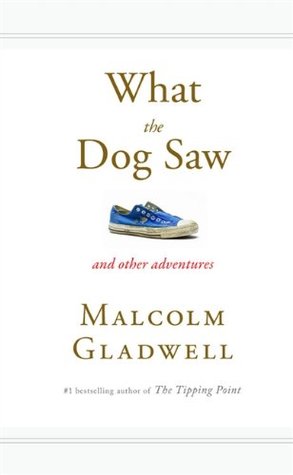“For we are to God the pleasing aroma of Christ among those who are being saved and those who are perishing. To the one we are an aroma that brings death; to the other, an aroma that brings life.” 2 Corinthians 2:15-16a
Some of you may know that I had a very interesting job in high school. I sold cologne at the mall. Yes, I was that guy that sprayed cards and handed them to you as you walked by. It was an odd job, but I absolutely loved it.
 You quickly learn how subjective our sense of smell is. I was selling the cologne from Nautica. One person would tell me that they absolutely loved a fragrance, and the very next person would gag at the smell of it. Apart from the sales/persuasion part of it, I learned that there isn’t a “best” smell out there that everyone can agree on.
You quickly learn how subjective our sense of smell is. I was selling the cologne from Nautica. One person would tell me that they absolutely loved a fragrance, and the very next person would gag at the smell of it. Apart from the sales/persuasion part of it, I learned that there isn’t a “best” smell out there that everyone can agree on.
So what a powerful analogy that Paul compares Christians as the “pleasing aroma of Christ.” To some, we are the smell of life. And that is an intriguing idea when you are bogged down in the stench of the sinful world. But to others, we are an “aroma that brings death.” We are a reminder that there is Truth, and that God is in control no matter how people choose to disregard Him.
But in all of this, I think the most dangerous people are Christians with no aroma at all. Self described “Christians” who either don’t have their own relationship with God, who don’t have His Spirit filling their lives, and as a result they don’t even smell like Christ. Or, it could be Christians who have so accepted other smells from the world that it overrides the smell of Christ in their life. These people tell the world that Christ doesn’t smell any different than anything else, and people thus conclude that He must be irrelevant for their lives.
What does your life smell like?
“[God is] the eternal, independent, and self existent Being; the Being whose purposes and actions spring from himself, without foreign motive or influence; he who is absolute in dominion; the most pure, the most simple, the most spiritual of all essences; infinitely perfect; and eternally self-sufficient, needing nothing that he has made; illimitable in his immensity, inconceivable in his mode of existence, and indescribable in his essence; known fully only by himself, because infinite mind can only be fully comprehended by itself. In a word, a Being who, from his infinite wisdom, cannot err or be deceived, and from his infinite goodness, can do nothing but what is eternally just, and right, and kind.”







